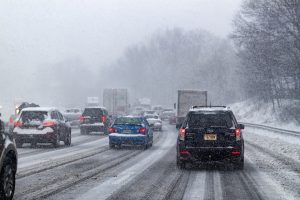Firefighters are using this Boat Fire Safety Week to renew their appeal to all boat owners, to make sure they have suitable smoke and carbon monoxide alarms on board.
Boat Fire Safety Week, which runs from May 27 until June 2, is a time when fire services across the country, including Northamptonshire Fire and Rescue Service (NFRS), focus on highlighting messages connected to boat fire and carbon monoxide safety.
Although the number of boat fires on coastal and inland waters is relatively low, they can have a devastating impact when they happen.
Firefighters would like to remind boat owners about the importance of having smoke and carbon monoxide detectors in place.
Carbon monoxide is a hazard to take seriously as there are multiple potential sources for a build-up of this gas on boats, such as fuel burning appliances, flues, chimneys, engines and exhausts. It is also the by-product of incomplete combustion of carbon-based appliance and engine fuels such as gas, LPG, coal, wood, paraffin, oil, petrol and diesel.
Last year, the most common types of accidental fires on boats recorded were those with causes linked to electrical, engine and engine exhausts and solid fuel stove fires.
Tina Collett, District Liaison Officer with NFRS, said: “Fires on boats can happen for any number of reasons but, when they do, they can be extremely serious. These fires also often take place in remote locations which need to be found as quickly as possible by attending fire crews.
“The best thing that boat owners can do is to take fire safety seriously and install suitable alarms for that all-important early warning.”
Boat Safety Scheme manager Graham Watts said: “In the past 20 years, 30 boaters were killed in boat fires and another 30 lost their lives to the highly toxic CO gas.
“It’s time everyone in the boating community said ‘no more avoidable tragedies’. Being protected by suitable smoke and carbon monoxide alarms should be viewed as a normal part of boat ownership.”
Boat fire safety tips:
- Make sure you know your boat and make a fire action plan with everyone in the boat.
- Fit a smoke alarm that carries an approval mark such as ‘kitemark’.
- Fit a gas and petrol vapour detector alarm in the bilge and even in the cabin space to give you early warnings of dangerous build-ups of explosive gases.
- Check all appliances are turned off and, if possible, close the valve on the LPG cylinders before you go to bed or leave the boat.
- Never leave a burning candle unattended. Make sure they are put out safely.
- Keep candles, matches, lighters and other sources of flames out of reach of children.
- Make sure cigarettes are put out safely – use metal ashtrays. Avoid falling asleep with a lit cigarette. Never smoke in bed.
- Never leave a hot hob unattended especially when cooking with oil or fat.
- Don’t fit curtains or fabrics over hob burners and don’t dry tea towels or clothes over a cooker or hob.
For more information about boat fire and CO safety, including details about suitable alarms, visit: www.boatsafetyscheme.org/stay-safe
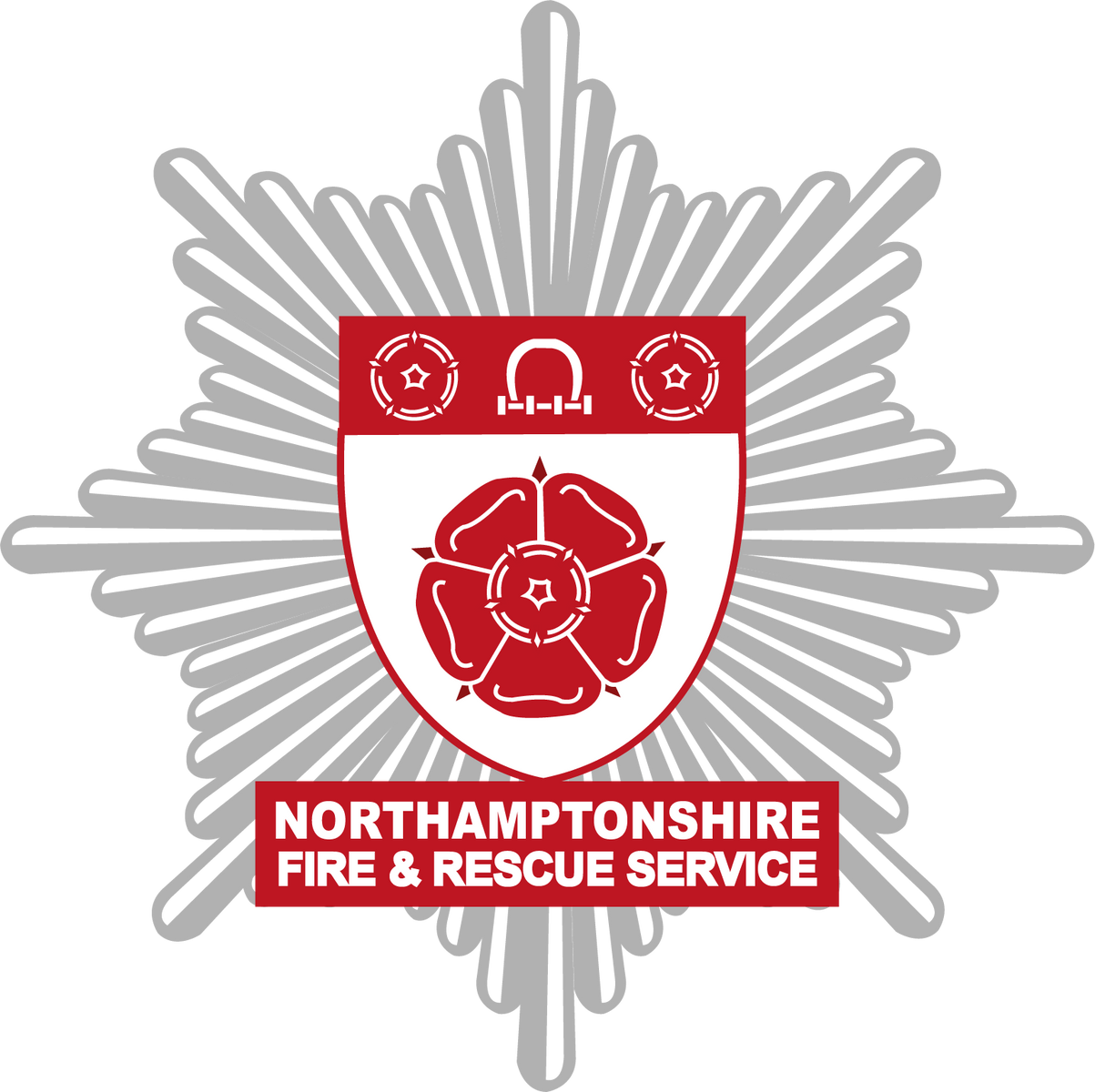

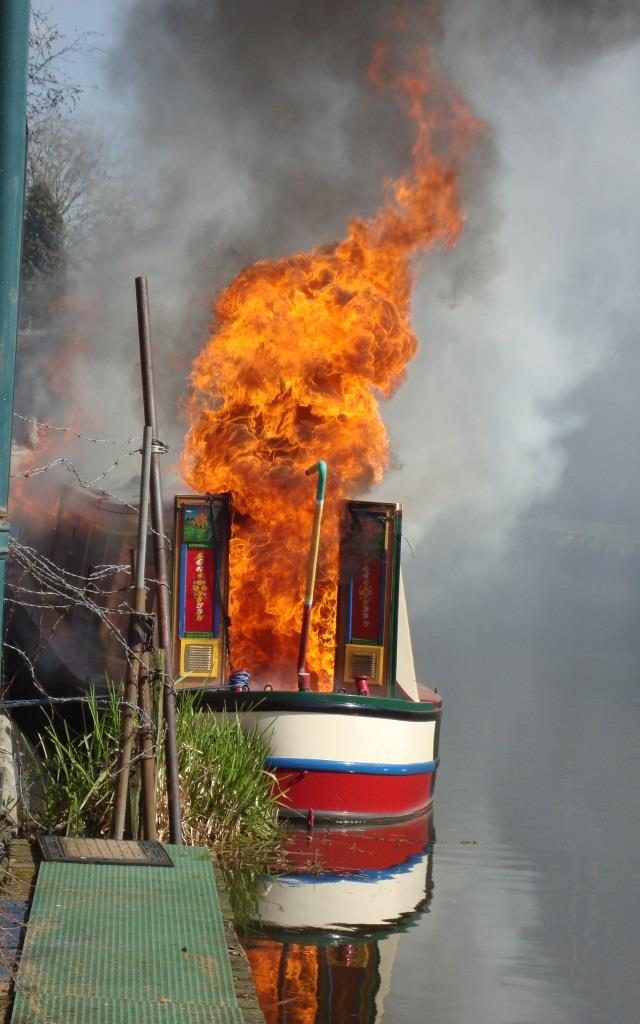

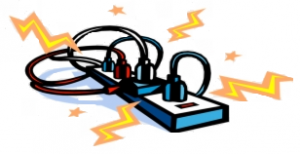
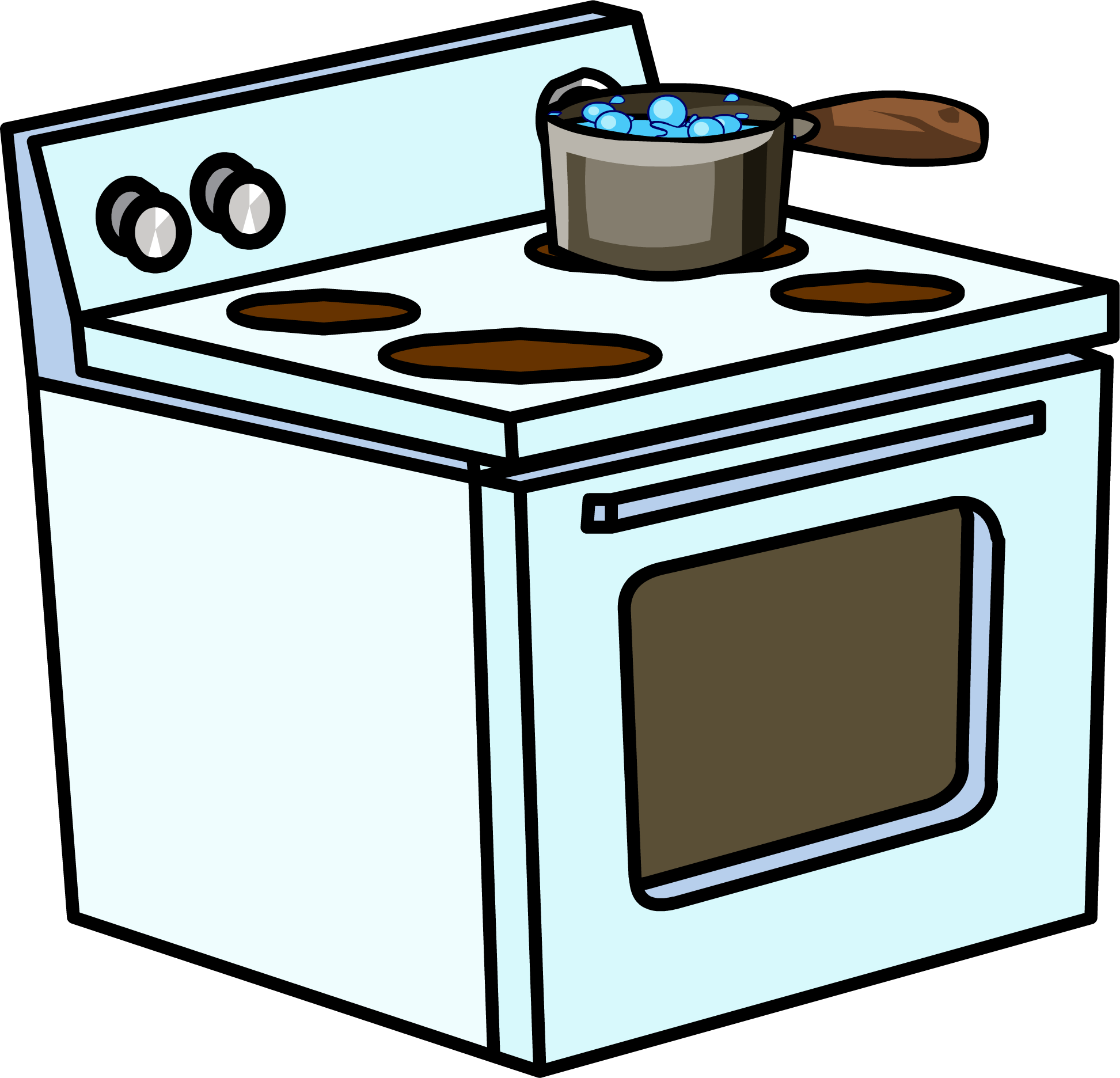


 Fire Risk Assessment (worked example for House in Multiple Occupation (HMO)) (PDF 389KB)
Fire Risk Assessment (worked example for House in Multiple Occupation (HMO)) (PDF 389KB)